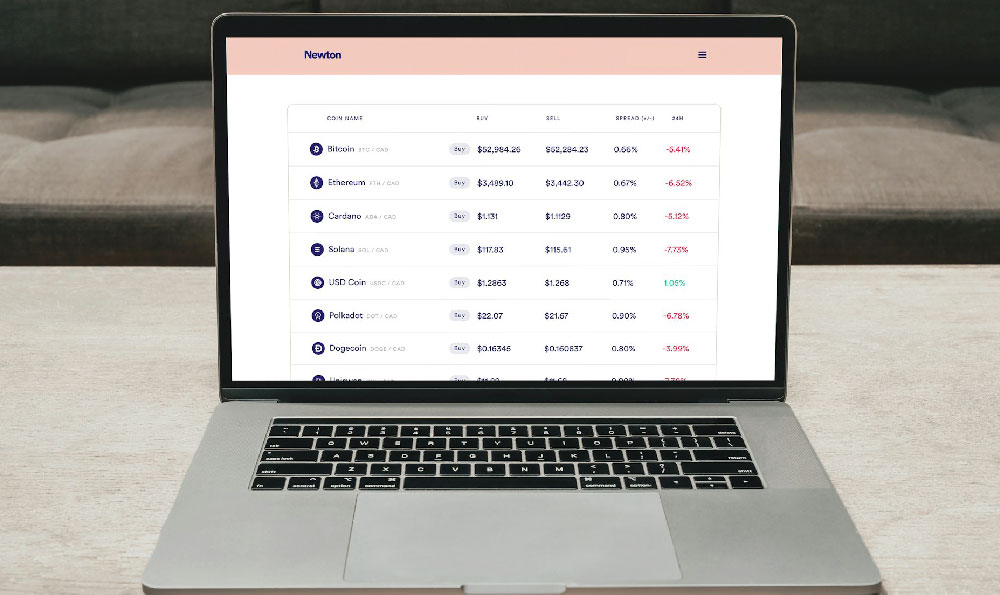The allure of entrepreneurship often extends beyond the real world, even captivating players within the virtual landscapes of games like Skyrim. The question of investing in shops in Skyrim, while seemingly straightforward, delves into the game's mechanics and limitations. Directly "investing" in the way one might in a real-world business isn't a feature Bethesda implemented. However, there are methods and strategies players can employ to simulate a form of investment and benefit from the game's economy.
Understanding the core of Skyrim's economic system is crucial. The game's economy is largely static, governed by pre-set values for goods and limited gold reserves for vendors. This means that simply "giving" a merchant gold won't necessarily result in a significant return on investment. Merchants restock their gold supply every two in-game days, but this restock is predetermined, not influenced by player input beyond perks affecting buy/sell prices.
Instead of direct monetary investment, consider enhancing a merchant's business indirectly. This involves manipulating the game's mechanics to increase their profitability or accessibility, thereby indirectly benefiting from their success, or using them to your advantage. One of the most prominent ways to do this is through the Speech skill and its associated perks. The "Merchant" perk allows you to sell any type of item to any merchant, regardless of their specialization. This opens up a vast market for goods acquired through adventuring, making it easier to offload items and accumulate wealth. Furthermore, the "Investor" perk, which requires level 70 in Speech, grants you the ability to invest 500 gold with a shopkeeper. While this isn't a traditional investment, it permanently increases their gold reserves by 500. This allows them to purchase more expensive items from you, effectively increasing their (and potentially your) trading capacity. Note that not all merchants are eligible for this investment; typically, general goods merchants and those with larger inventories are the best candidates.

Another important, often overlooked, element is the merchant's location. A merchant located in a city with a high crime rate or frequent dragon attacks might experience disruptions to their business. Ensure the merchants you frequent are in relatively safe locations, minimizing the chance of them being killed or their shop being damaged. While you can't directly influence the frequency of these events, choosing merchants in more secure areas is a proactive measure.
The Dragonborn DLC offers a unique way to "invest" in a business – building your own home in Raven Rock. Once you have a home, you have the option to hire a steward. A steward can manage certain aspects of your household, including furnishing it. More importantly, they can set up a shop in your house. You will need to provide the initial investment for setting up the shop but afterwards, they will run the shop, buy and sell items and provide a (small) income. This is probably the closest one gets to actually owning a store and reaping profit from it. The income is not substantial, but it is a form of passive income and adds to the immersion.
Beyond these in-game mechanics, consider the concept of crafting and trading. Mastering skills like Smithing, Alchemy, and Enchanting allows you to create valuable items that can be sold for a profit. By strategically selecting perks and gathering resources, you can produce high-quality weapons, armor, potions, and enchanted items, then sell them to merchants. This, in essence, turns you into a manufacturer and wholesaler, using the merchants as your retail outlets. Invest time and effort in learning recipes, gathering materials, and improving your crafting skills. This approach offers a more reliable and controllable path to wealth than relying solely on random loot or quests.
Furthermore, consider the impact of mods. The Skyrim modding community is vast and diverse, offering numerous mods that alter the game's economy. Some mods introduce new merchants, goods, or even investment opportunities. Before installing any mods, research their effects thoroughly. Look for mods that are well-regarded, compatible with your other mods, and balanced in their impact on the game's economy. Mods can significantly enhance the experience, but they can also introduce instability or unbalancing elements if not carefully chosen.
Finally, risk management is paramount, even in a virtual economy. Avoid relying on any single merchant or source of income. Diversify your trading partners and crafting activities to mitigate the impact of price fluctuations or merchant deaths. Don't hoard excessive amounts of gold, as there's limited utility for vast wealth beyond purchasing property and training skills. Invest your resources wisely in improving your skills, crafting better gear, and expanding your network of trading partners.
In conclusion, while Skyrim doesn't offer direct investment options akin to real-world business ventures, players can simulate such an investment through strategic use of Speech perks, crafting skills, and clever manipulation of the game's economy. By understanding the limitations and exploiting the available mechanics, you can transform Skyrim into a land of opportunity and build a virtual fortune, even without the ability to directly buy and sell shares in a shop. The key is to think creatively, manage your resources wisely, and adapt to the dynamic (albeit limited) economic landscape of Skyrim.












